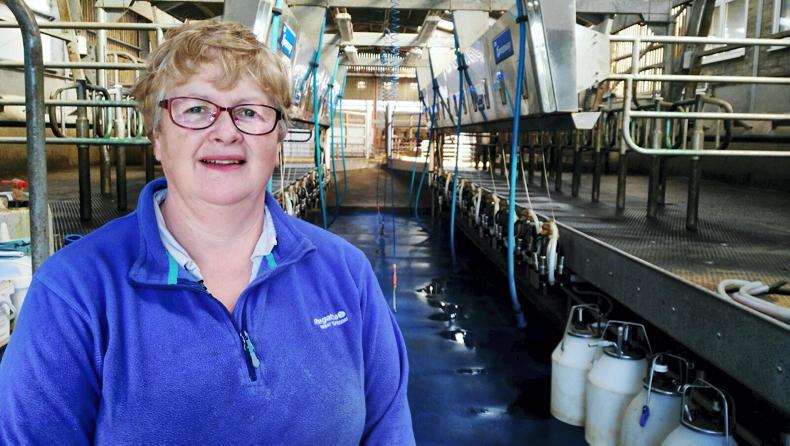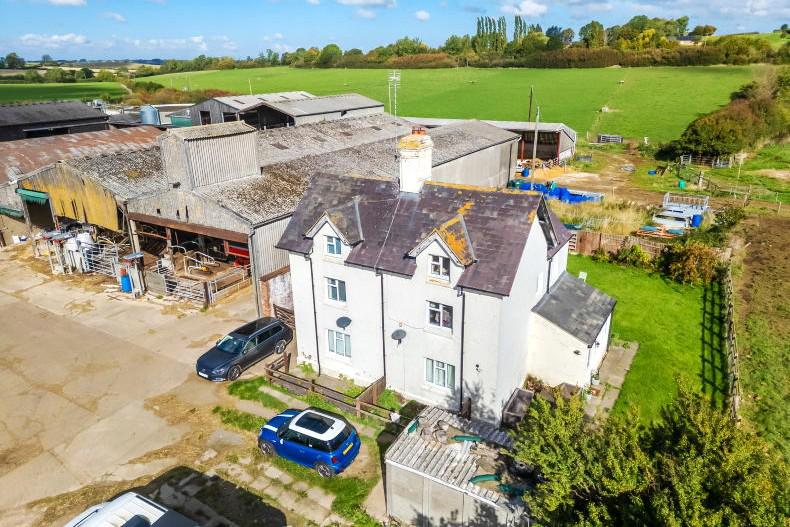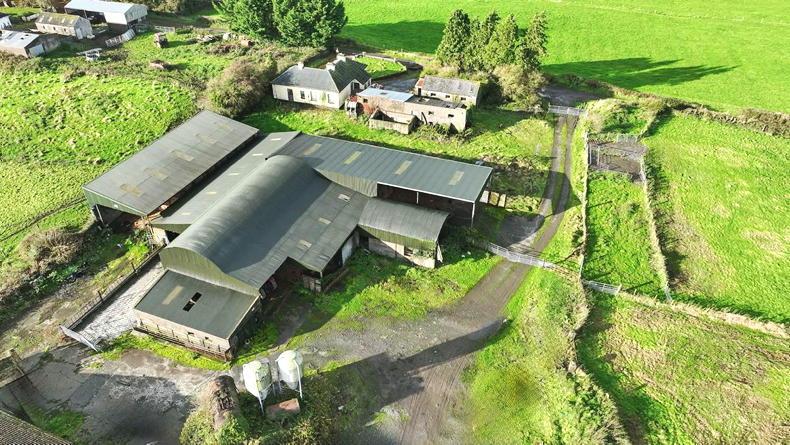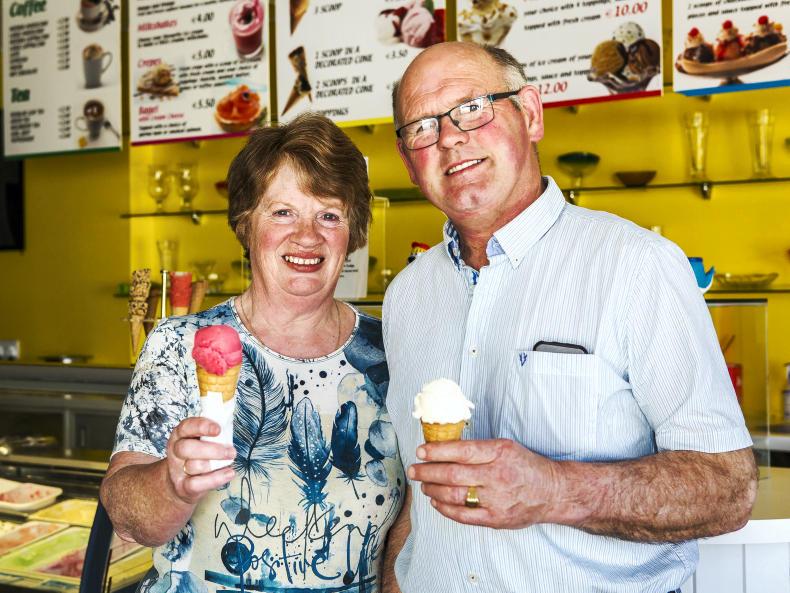Welcome to Mains of Culsh. We are primarily a dairy farm with 186 acres, and a further 100 acres are rented annually, as seasonal grass lets. I farm with my eldest son John, who joined the business in 2012.
The herd consists of 170 pedigree-Holstein cows and all young stock are retained on the farm. The bull calves (Holstein and Belgian Blue crosses) are finished as barley-beef. We have been an all-year-round calving herd to try and supply a level profile for our milk buyer, Muller, but with the introduction of their new seasonality scheme we are aiming to produce less milk from March to June and more from August to November.
No heifers calved from January until this year’s heifers started calving on 4 June, with the bulk of the group of 60 due to calve by the end of September. Our worming protocols have been reviewed this year after an outbreak of lungworm last season: all heifers and dry cows will be wormed when they are brought in for calving so that they are clean when they enter the milking herd. The in-calf heifers that are outside have been dung-sampled for lungworm and stomach worms but the vet says that, as there is no sign of worms at the moment, we should resample in a few weeks’ time to see when to worm them.
Farming loss
Whilst sorting the heifers this week, one did the splits and, despite lifting her, she was unable to stand; she was three weeks from calving so we induced her with the hope of salvaging a heifer calf from her, as we use sexed-semen on the heifers. The vet has now done an emergency caesarean resulting in a live heifer calf; if we can keep it alive it will offset the disappointment of losing her mum.
Last week, I flew down to Birmingham to represent NFU Scotland at a Red Tractor Dairy Sector Board meeting. It was my first time at the meeting, and I feel it is important that the farmer’s voice is heard as decisions made at these meetings affect us all at farm-level.
Another important meeting this week was the inaugural meeting of the North East Milk Producers Association, which was formed after 26 dairy farmers in the northeast of Scotland joined together to develop a full business plan to build a new processing facility here. A year ago, Muller closed their milk processing facility in Aberdeen and, at the same time, imposed a haulage charge of 1.75p per litre to take our milk to Bellshill, Glasgow. As this costs the average producer in the area £35,000, in the long term it was felt that this was not sustainable.
With the help of Opportunity North East and Aberdeenshire Council, a feasibility study has already been carried out, but now farmers themselves have committed money to set up the association and complete the project. A processing facility here will give farmers more security so that they can continue to farm and produce milk in the long term.
We have now completed second-cut silage and we’re lucky to bring it in dry with the rain arriving the next day. Some had only been cut the afternoon before but, with the warm weather, had dried well and John received a pat on the back for forging ahead with the job. The forage wagon we have been using the last couple of years means that silage time is less stressful but most importantly we are still making good silage. Hopefully it will analyse well when tested.









SHARING OPTIONS